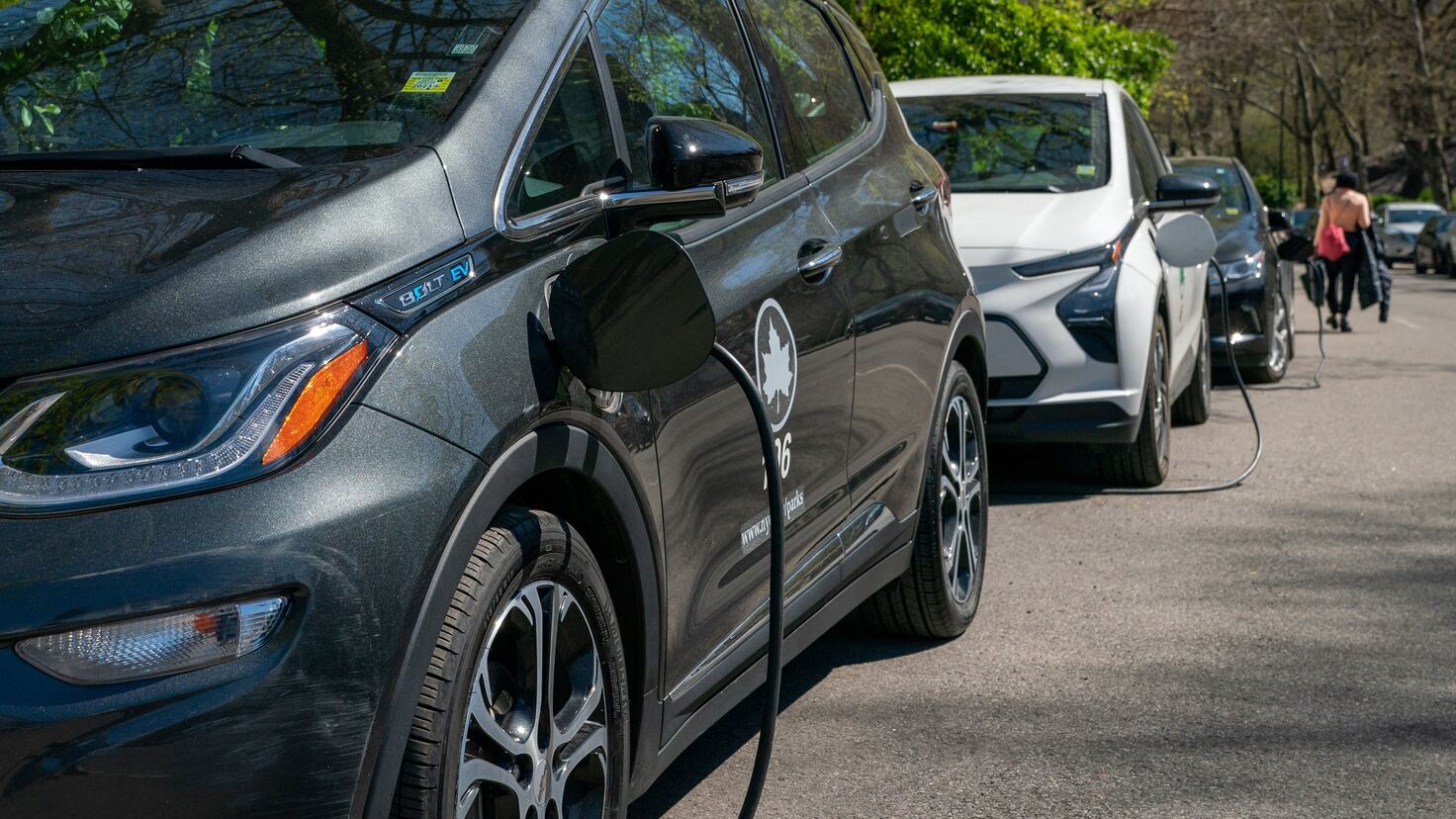Autonomous Vehicles: Are We Ready to Trust Self-Driving Cars?

The Rise of Autonomous Vehicles and Growing Concerns
The automotive industry is undergoing a seismic shift, with autonomous vehicles (AVs) poised to revolutionize transportation as we know it. From Tesla's Autopilot to Waymo's fully driverless technology, the promise of safer, more efficient, and convenient travel is enticing. However, a recent survey has revealed a significant hurdle: a substantial portion of American drivers harbor deep-seated anxieties about relinquishing control to self-driving cars.
According to the survey, a striking six out of ten American drivers express fear when considering traveling in an autonomous vehicle. This apprehension isn't just a minor reservation; it's a powerful force actively hindering the widespread adoption of this transformative technology. While companies like Tesla, Waymo, and General Motors are investing billions in developing and refining AV technology, public trust remains a crucial, and currently lagging, factor.
Why the Fear? Understanding the Root Causes
So, what fuels this widespread fear? Several factors contribute to the hesitancy. Firstly, the very concept of a machine making life-or-death decisions on the road is unsettling for many. Humans are accustomed to being in control, and ceding that control, even to a potentially safer system, can trigger feelings of vulnerability and loss of agency.
Secondly, high-profile incidents involving AVs, though statistically rare compared to human-caused accidents, have amplified public concerns. News reports of crashes, even when the fault wasn't solely attributable to the autonomous system, create a perception of risk and unreliability.
Thirdly, a lack of understanding about how AVs work contributes to the fear. The 'black box' nature of complex algorithms and artificial intelligence can be intimidating, leading people to distrust systems they don't fully comprehend. The public needs clearer explanations and demonstrations of the safety measures built into these vehicles.
Overcoming the Hurdles: Building Trust and Accelerating Adoption
Addressing this fear is paramount to unlocking the full potential of autonomous vehicles. Several strategies are being employed to build public trust and accelerate adoption:
- Enhanced Transparency: Manufacturers are working to provide more detailed information about the technology underpinning AVs, explaining how they perceive their surroundings and make decisions.
- Rigorous Testing and Validation: Extensive testing in diverse real-world conditions is crucial to demonstrate the reliability and safety of AVs.
- Public Education Campaigns: Clear and accessible educational initiatives can dispel myths and address common misconceptions about autonomous driving.
- Gradual Implementation: Starting with limited applications, such as autonomous shuttles in controlled environments or advanced driver-assistance systems (ADAS) in existing vehicles, can ease public concerns and build familiarity.
- Regulatory Frameworks: Clear and comprehensive regulations governing the development, testing, and deployment of AVs are essential to ensure safety and accountability.
The Future of Autonomous Driving: A Collaborative Effort
The transition to a future dominated by autonomous vehicles will require a collaborative effort involving automakers, technology companies, regulators, and the public. By addressing public concerns, fostering transparency, and prioritizing safety, we can pave the way for a future where self-driving cars enhance our lives and transform the way we move.
Ultimately, the success of autonomous vehicles hinges not just on technological advancements, but on earning the trust of the drivers who will share the road with them.






:format(jpg):quality(99):watermark(f.elconfidencial.com/file/bae/eea/fde/baeeeafde1b3229287b0c008f7602058.png,0,275,1)/f.elconfidencial.com/original/a9b/367/2d8/a9b3672d8d925f71ee40c00e48de8bb4.jpg)